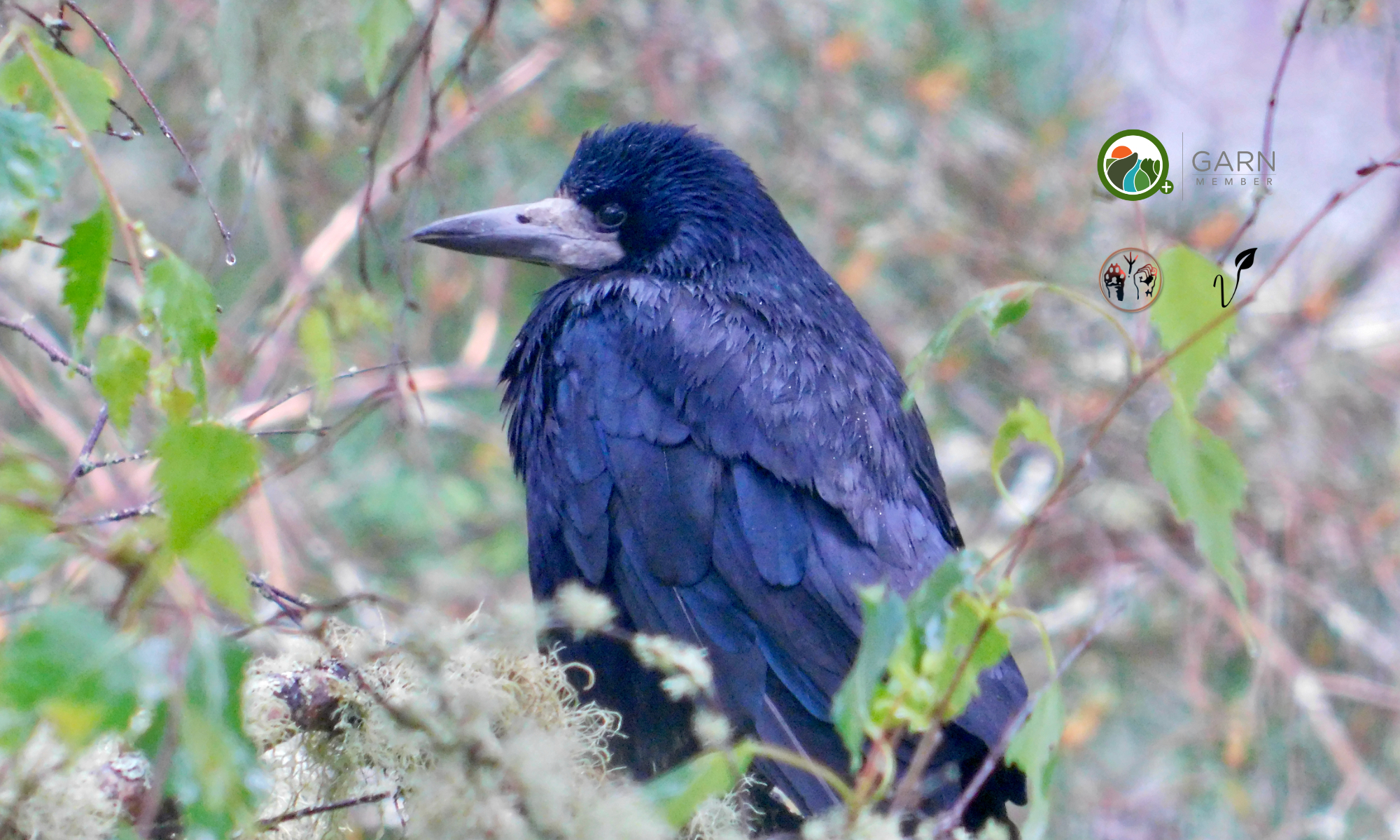Admission – 23/08/2017
Ali is an immature dunnock, who has been brought to us, after being caught by a cat. Ali has been admitted with severe shock symptoms and had to be stabilised before a full assessment could be made. It took nearly 24 hours for him to recover from the shock inflicted by the cat attack. The full assessment revealed several bruises, puncture wounds, lost tail feathers and a sprain injury of his right leg. Dunnock Ali has been treated for shock, pain, bruises and the potentially fatal pasteurella multocida infection caused by the cat attack. In this context it is important to understand, that all birds, in fact all animals, who have been caught by cats, have to be treated with antibiotics, even without showing any external signs of an injury. These animals will be otherwise killed by an overwhelming systemic infection or septicaemia, which would occur in birds within 72 hours post cat contact.

As Ali’s leg symptoms didn’t improve despite treatment for trauma and nerve injury, we decided to tape the foot to assist the healing process. Four days later the tape has been removed and a brief assessment showed the return of the full functionality of foot and leg. Ali has been kept a few days longer indoors in a so called flexarium, which is a soft fabric mesh indoor aviary allowing him to exercise safely without damaging his plumage further, which is a common but avoidable problem when active birds like him are being kept for rehabilitation in the wrong environment like a wire cage.
Update – 01/09/2017
Today dunnock Ali has been moved into a large communal outdoor soft release aviary, where he will stay until he has acclimatised to outdoor temperatures and has had enough time to exercise and regrow his traumatically lost tail feathers. This will also give him a good chance to improve the waterproofing of his plumage, which is another often underestimated factor before being soft released. Soft release is the preferred release method to be used for hand-reared birds, juveniles or long term patients.

These birds are being kept in a specially designed species specific aviary, which will then be opened to allow the birds to leave in their own time. Support feeding will be provided and the birds are also able to return whenever the feel the need to. This way theses birds are given the best posibble chance to successfully return into the wild and to be re-integrated into their respective bird societies.
Update – 18/09/2017
Today dunnock Ali has been successfully soft released. Stay safe Ali!



